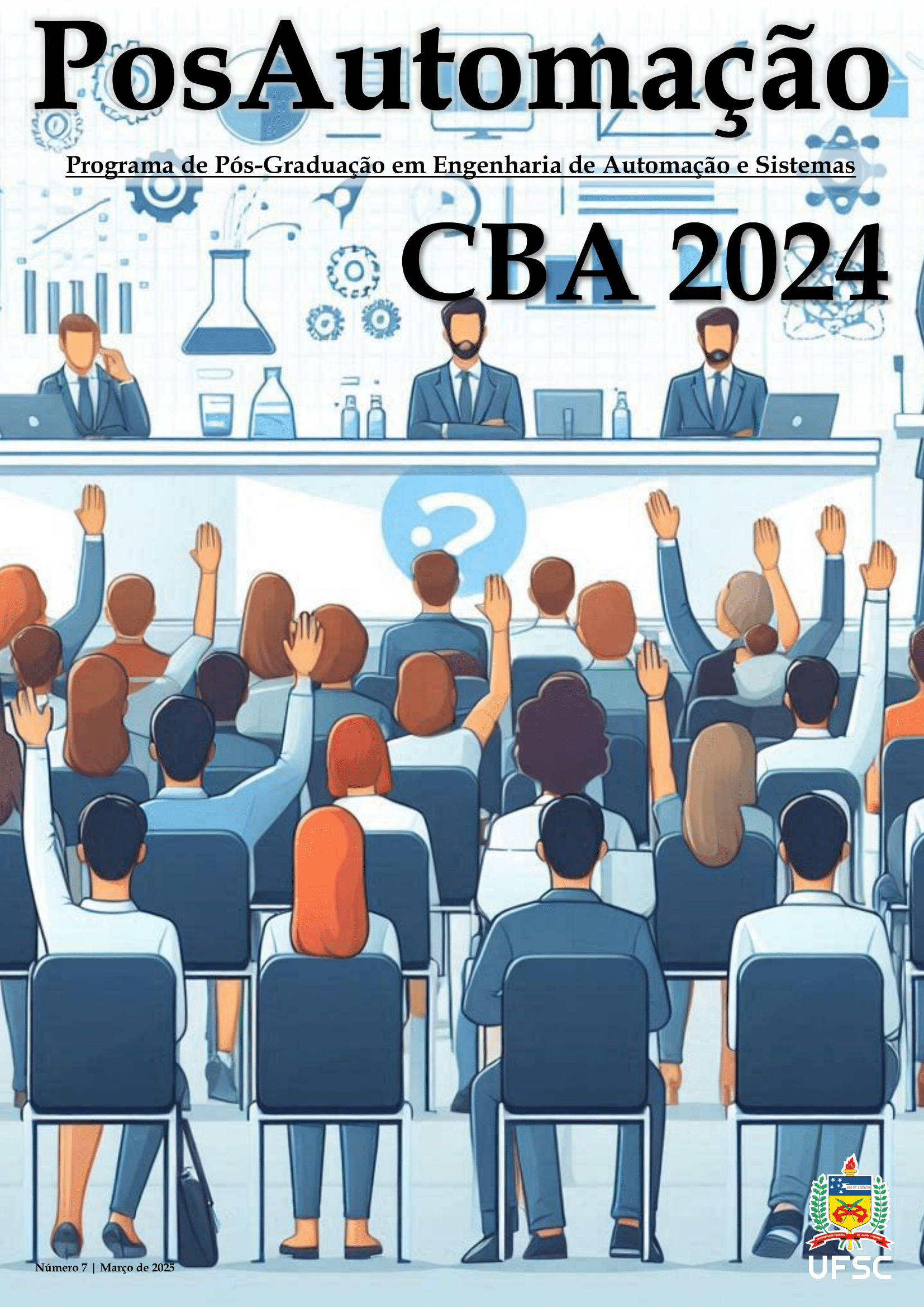Curso: Economic Model Predictive Control
Entre os dias 28/03/2016 e 01/04/2016 será oferecido no PPGEAS o Curso: Economic Model Predictive Control
O curso será ministrado pelos professores e pesquisadores do CONICET-Argentina: Prof. Alejandro Hernán González e Prof. Antonio Ferramosca.
Ementa:
Model Predictive Control (MPC) is the most used advanced control strategy in the industries, mainly due to its capability to fulfill economic objectives, taking into account a dynamic simplified model of the plant, constraints, and stability requirements. In the last years, several economic formulations of MPC have been presented, which overcome the standard setpoint-tracking formulation. The goal of this course is to present, from the beginning, the detailed economic MPC formulations existing in the literature. Main effort will be put in the stability and optimality analysis of the different formulations. Several simulation examples will be analyzed to make a comparative study of the controller economic performances.
Horários do Curso:
| DATA | HORÁRIO | LOCAL |
| 28/03 | 08h00 – 10h00
10h00 – 12h00 |
PPGEAS II
PPGEAS I |
| 29/03 | 14h00 – 18h00 | PPGEAS II
|
| 30/03 | 14h00 – 18h00 | |
| 31/03 | 08h00 – 12h00 | |
| 01/04 | 10h00 – 12h00
14h00 – 18h00 |
Pre-requisito: ter cursado a disciplina Controle Preditivo do PPGEAS.
Carga horária: 20 horas/aula
Total de Créditos: 1 crédito










